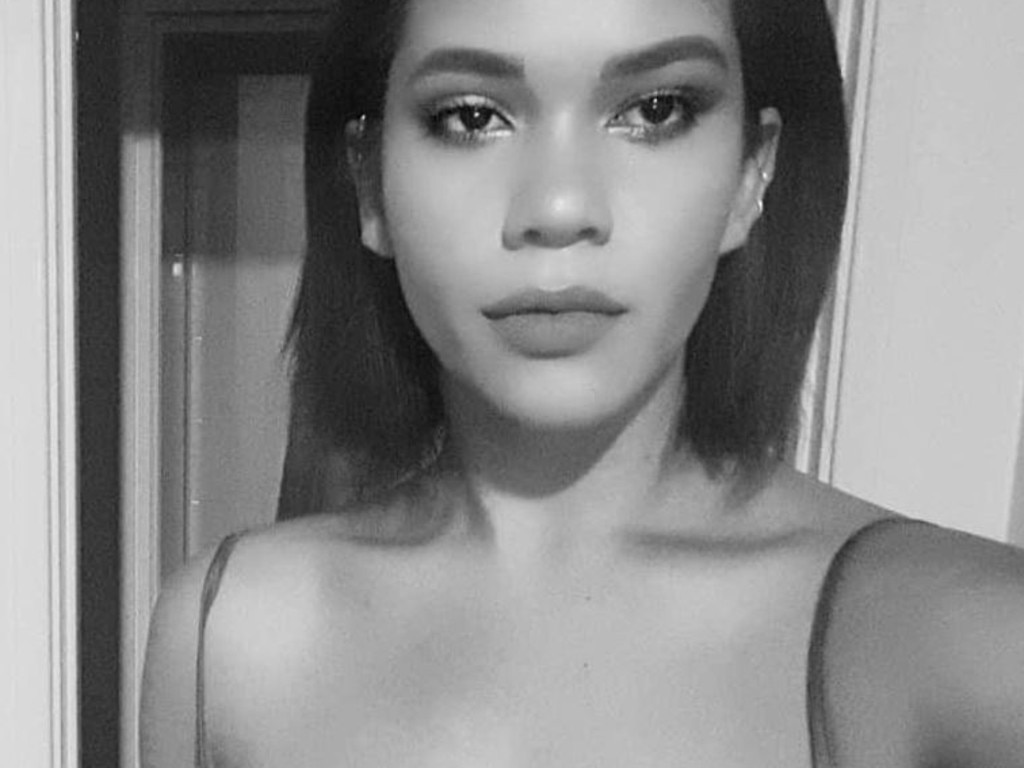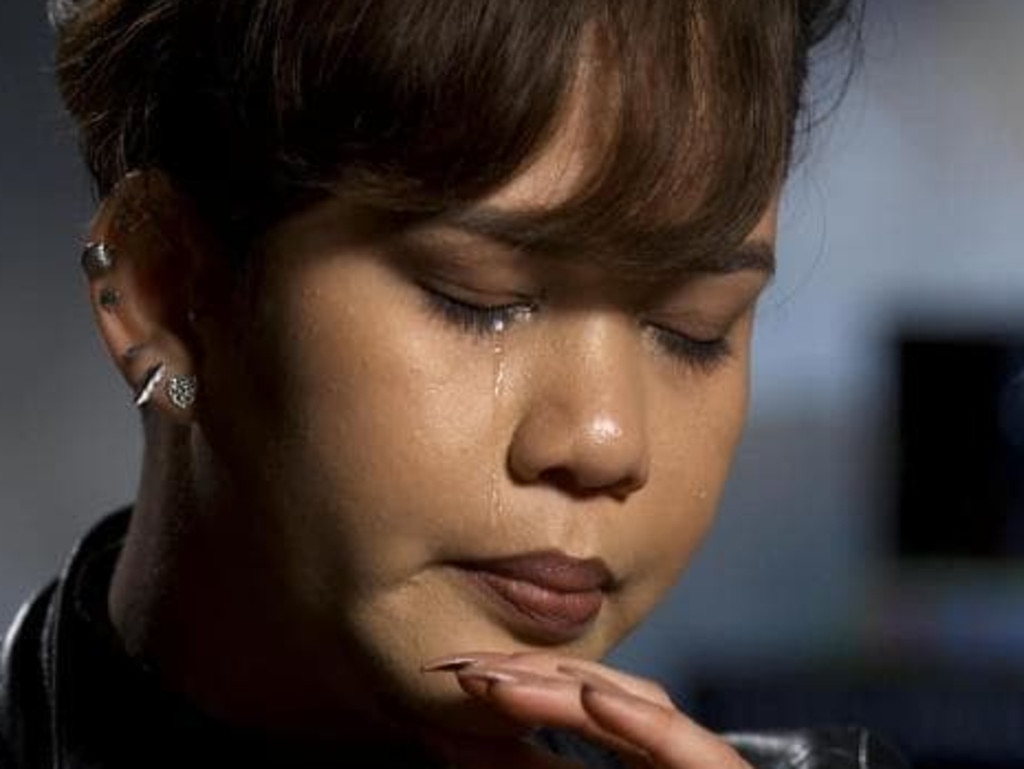Let her speak: Flawed law doesn’t protect survivors
IT WAS supposed to be a day of celebration, but Jannika’s birthday took a turn when a man she thought was a friend offered to help her.
JANNIKA Jacky was raped on the day of her 18th birthday by someone she thought she could trust.
Having lent her dorm room key to a visiting friend who was staying with her, Jannika found herself unable to get into her room. So a male “friend” at her college at the University of Western Australia invited her to wait in his room. In near freezing conditions, Jannika accepted.
But once alone with Jannika, he raped her.
Three years later she spoke out to the media.
“Being able to speak out is important in reclaiming your story and telling it in the way you experienced it. People often bring their own ingrained cultural assumptions to sexual assault,” Jannika tells news.com.au.
“Telling your story in your own words is a way of addressing the misconceptions that people carry. (For me) it was also an affirmation to myself to realise that the shame was not on me, it was on my perpetrator.”
Jannika says that concealing survivors’ identities against their wishes doesn’t protect survivors.

“The impact of the law in the Northern Territory and Tasmania is that it silences victims,” she says. “Sharing your story gives it a face. It humanises the issue and shows how people experience the aftermath of it.
“It’s a form of erasure (to deny people this option). Erasure is dehumanising. In lots of ways, this law is another form of oppression.”
Jannika, who is an Aboriginal woman, says that indigenous survivors are often invisible within mainstream media depictions of sexual assault survivors and that having more available survivor role models is crucial.
Sign the petition to Let Her Speak
RELATED: Why news.com.au is supporting the campaign
“The issue of visibility is really important. Aboriginal survivors are often presented as victims, not survivors. When you are talking about an already very marginalised community of people, it’s a further form of erasure.”
The Northern Territory has the highest reported rate of sexual assault in Australia and about 50 per cent of sexual assaults reported to police in the NT involve an indigenous victim.
Jannika says that when laws prohibit survivors from full and equitable participation in public discussion, this can create a vacuum that allows non-survivors and outsiders to impose solutions which may not be in the best interest of survivors themselves.
“I personally disagree with the Northern Territory intervention,” Jannika says. “It’s just another way of getting women to shut up.”

Jannika says that the laws in the NT and Tasmania which prohibit victim-survivors from being identified have erected yet another “legislative barrier to women speaking out”.
“The cultural and social obstacles that survivors face are both feeding into and sustaining this law. It’s super frustrating and ultimately another form of oppression. In the Northern Territory it’s taking away power from women of colour in particular,” she says.
READ MORE: Sex assault story they don’t want you to hear
“It took a lot out of me to tell my story, but it was also really quite healing. It was important to tell things as they were, and not allow my perpetrator to get away with his rose-tinted version of events.
“There are already so many social and cultural obstacles that women who experience sexual assault must overcome in order to speak out. It is still a taboo subject, and you worry about how people will react.
“In solidarity with Jane Doe, I want to say that what she has to say is valid and the way in which she wants to say it is important. I hope there is an outcome for her with this campaign.”
Nina Funnell is a Walkley Award winning journalist and anti sexual assault advocate and a director of End Rape On Campus Australia.
If you or someone you know is affected by sexual assault, call 1800 RESPECT (1800 737 732)



